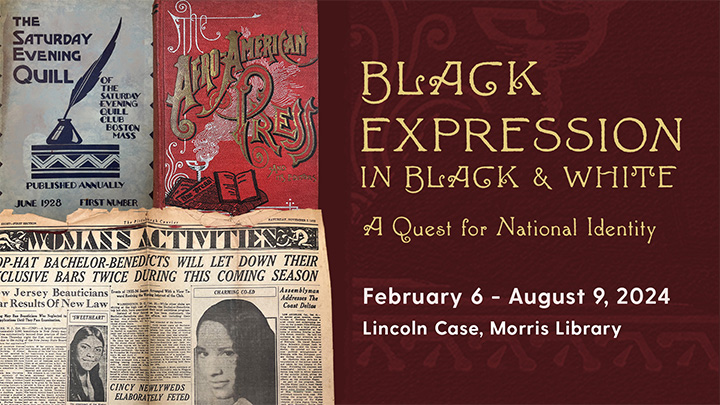
The Black press began with Freedom’s Journal created in 1827. This publication was the first Black newspaper in the United States, being published in New York. Freedom’s Journal was co-founded by Samuel Eli Cornish, born in Sussex County, Delaware, and John Brown Russwurm, born in Jamaica. Freedom’s Journal was in publication until 1829, but paved the way for hundreds of Black newspapers that would follow– papers such as the Baltimore Afro-American, Pittsburgh Courier, Chicago Defender, and many more.
The creation of the Black press paved the way for Black print culture which allowed Black people the ability to express themselves in ways that was not always possible in white publications. Black creators and publishers could advocate for the rights of Black peoples.The Black press fought for employment rights, against unfair treatment of Black people, end to violence, equality in the military during World War II, and segregation. With each decade and historical marker in American history, the Black press has sought to make political and cultural change for the betterment of Black lives and the Black American experience.
Special Collections houses a number of Black print culture materials and collections. The Alice Dunbar-Nelson Papers collection has copies of The Saturday Evening Quill, The Crisis, The Messenger, and many others. The Pauline A. Young Collection has copies of Negro Digest as well as a section from the Pittsburgh Courier. Special collections has copies of the Delaware Spectator which is a Black newspaper, books published by Lotus Press, Kitchen Table press, and Broadside press. This is not an exhaustive list, but a small sampling of items that can be found in Special Collections relating to Black print culture. This online exhibition showcases items from the mid-1800s up to the mid-1900s as these are some of the earliest items that can be found in Special Collections.
Credits
The exhibition is curated by Britney Henry, a doctoral candidate from UD’s Department of English. She is also an African American Public Humanities Initiatives Fellow (AAPHI) at UD.

